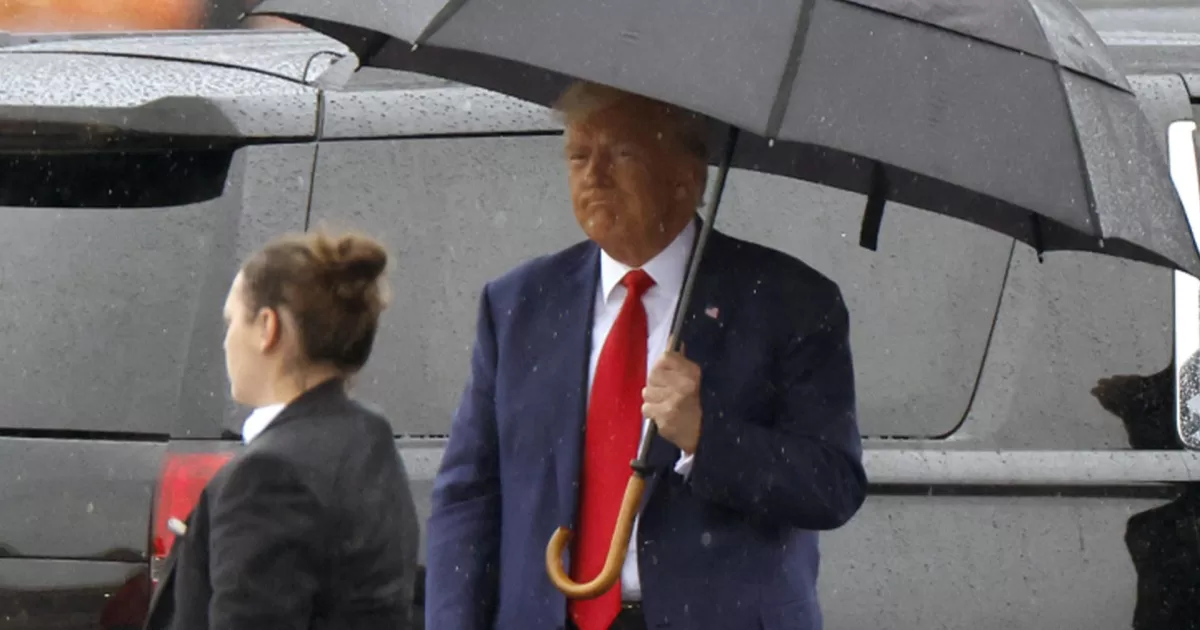Cristina Kirchner took air, a few hours ago, from the motorized clamor operation from her own sector to be a presidential candidate. She did not say it with all the letters but she hinted at it in various passages of her speech, perhaps more forcefully at the end when she launched a categorical “I already gave everything I could give”. From the first floor of the Ginastera hall of the Teatro Argentino, Axel Kicillof listened to her, for whom an eventual nomination by the head of his political space would throw away one of his main political concerns: that in the absence of an undisputed name that measures, the Vice President ends up pushing the Governor into the biggest fight for being the leader who best retains his hard core of voters.
This is not a new concern because for a long time close to Kicillof they have been observing the menu of options that the Frente de Todos can offer and her figure emerges, if Cristina finally does not compete, as one of the main dishes.
The figure of Sergio Massa could play in favor of the wishes of the Governor to avoid the national jump and stay to fight it in the Province. But in that case, fears in the form of cruel questions are also circling the Governor’s Office: will a possible presidential candidacy of the Economy Minister endure a currency run like the one last week? And if inflation is sustained at the very high floor of 7 percent, will that electoral company have a fortunate destiny?
Those questions are asked every day on the slopes of Kicillof, perhaps as if trying to unravel an unfathomable future. For this reason, they also embrace the reading that the act of the Teatro Argentino did not change the internal scene of the ruling party too much. “The overinterpretations of what Cristina says are rarely correct”, they are stopped so as not to close the chapter on the Vice President’s presidential candidacy.
That uncertainty means that, within the margins allowed by his political alignment, the Governor began to be more emphatic in his statements. He no longer hides his desire to run for re-election, which he shows as his only political objective. “We are working on the policies that we are going to apply in a second term”, he launched a few hours ago, as if to mark the terrain on which he intends to play. The deepening of the economic crisis or Cristina’s decision could eject him to play another game. One he would rather not have to dispute.
“In the Governorate they insist on the re-election plan, attentive to any change of plans that Cristina Kirchner could resolve”
Together for Change also appears crossed by a gigantic uncertainty due to the internal PRO that is being fought in the open. The presidential fight between Patricia Bullrich and Horacio Rodríguez Larreta makes the hairs of a good part of the Buenos Aires leadership stand on end, which fears that this level of tension will explode in their districts.
SIN DICS
The conflict reaches all levels and spills almost without containment dam. The arrival of José Luis Espert to the coalition is a new reason for frays. Bullrich suspects that it is an internal move by Larreta to file down his candidacy. That is why he flatly rejects the liberal deputy registering in the presidential race within the opposition coalition for fear of losing a “hard vote.” The mayor of Buenos Aires insists on opening the game. He is pushed by another additional reason to the one that Bullrich wields: his candidate for governor Diego Santilli could be attached to his ballot and to that of Espert, with which he would start with a strong advantage over the Buenos Aires candidate for the former Minister of Security.
These tensions prevent advancing with a strategy exclusively for the Province in the midst of pressure for Together for Change to go with a single candidate for the Governorate. The government’s economic skid, they believe in the coalition, strengthens the chances of staying with the Buenos Aires government. But the synthesis of a name, in the midst of such a conflict, resembles a chimera.
In that sea of indefinitions, the ruling party and Together for Change seem to agree on a diagnosis for what they interpret, the political pathology of the moment: the progress recorded in the Javier Milei polls. The impact that his candidacy could generate in the Province is the subject of analysis and debates regarding who would benefit or harm in the race for Governor.
The reactions are eloquent. Cristina Kirchner dedicated a good part of her speech on Thursday to lash out at the libertarian and associate him with the tragic memory of the end of convertibility led by former minister Domingo Cavallo. Together for Change seeks for its part to subtract votes with the incorporation of Espert. They are antidotes whose efficacy remains to be seen.


